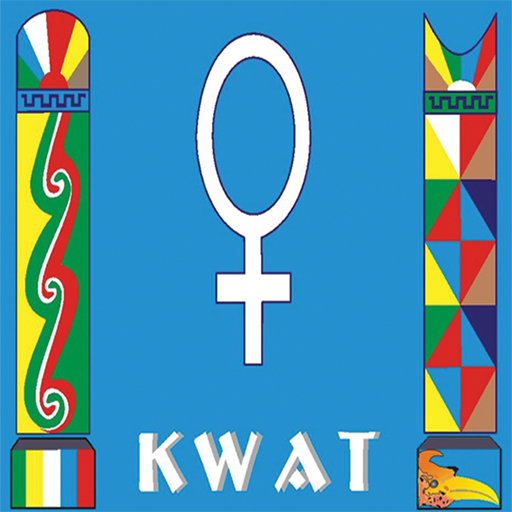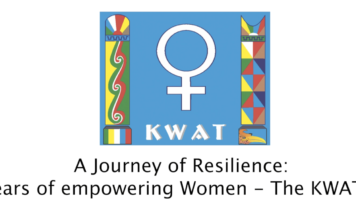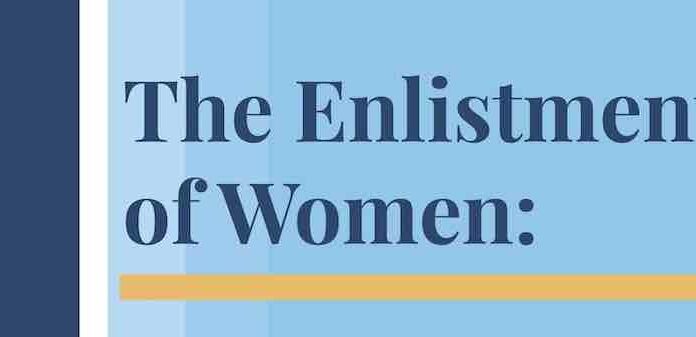18 April 2019
For immediate press release
Throughout 2018, ND-Burma found that the human rights situation in Burma continued to deteriorate due to the intensification of conflict between the military and ethnic armed organisations (EAOs). This was particularly the case in northern Kachin and Shan states, and the majority of cases documented by ND-Burma’s member organisations originated from these two states.
In Kachin and northern Shan states, the military was responsible for human rights violations against civilians during armed conflict, including: indiscriminate shelling and aerial bombing of civilian areas; torture and inhumane and degrading treatment; extrajudicial killings; arbitrary arrest and detention. In one case, indiscriminate shelling near village areas led to the displacement of an entire village, multiple injuries, and one death.
Ethnic armed organisations were also implicated in human rights violations, such as arbitrary arrest, detention and forced disappearances; forced recruitment and labour; and deaths as a result of fighting between armed groups in civilian areas. A series of forced disappearances of civilians by Restoration Council of Shan State/Shan State Army (RCSS/SSA) soldiers, particularly in Nammatu Township, led one villager to plead, “We appeal to the RCSS/SSA to release all our villagers and not to arrest any more villagers. Our villagers are not involved in the conflict and should not be used as hostages by armed groups.”
The last quarter of 2018 saw renewed armed clashes between the Arakan Army (AA) and the military in Rakhine State’s Buthidaung and Rathedaung townships, and more than 700 villagers were displaced in December after daily clashes erupted in northern Rakhine State.
The escalation in conflict has also resulted in civilians being killed and injured by landmines laid by both government soldiers and EAOs.
A lack of respect for human life and dignity runs throughout all of the cases of human rights violations ND-Burma records. Weak rule of law and a culture of impunity means the vast majority of victims never see justice or receive redress for what they have endured. This is despite the fact that victims of human rights violations often have immediate and significant needs, such as medical care or livelihood assistance. The Burmese government therefore needs to urgently implement a reparations programme to address victims’ needs and build a system that respects human rights.
Key Findings:
- ND-Burma documented 94 cases of human rights violations across 11 states and regions during January–December 2018. Fifty-two of those documented violations occurred during 2018, and the remaining 42 pertained to human rights violations that occurred prior to the reporting period.
- Similar to ND-Burma’s findings in 2017, the ongoing conflict in Kachin and northern Shan states was responsible for the majority of human rights violations documented by ND-Burma member organisations, in which more than three-quarters occurred in Kachin (23 cases) State and northern Shan (22 cases
- The majority of the cases involved torture and inhumane and degrading treatment; extrajudicial killings; arbitrary arrest, detention and forced disappearances; indiscriminate shelling and bombardments from air strikes; and death and injury by landmines, while the remaining collected data were related to the maintenance of the historical record and experiences of former political prisoners.
- The majority of human rights violations were committed by government security forces (74 cases), and 5 cases were committed by EAOs. Civilians were documented in 2 cases of human rights violations, including one case of human trafficking and one case of religious discrimination. In 13 cases, unknown perpetrators were responsible for deaths and injuries of individuals due to landmines.
- ND-Burma’s documentation continues to show that government security forces show little respect for human life, particularly in conflict zones, through indiscriminate shelling and gunfire near civilian locations. Civilians continue to ultimately be the victims of human rights violations by both government security forces and EAOs. An urgent end to armed conflict and a government-sponsored reparations programme are essential to address both the impact of human rights violations and to end the impunity for such abuses.
Media Contact:
Aung Khaing Min
Advocacy Team
Ph: +95 9 261-009-995
Click on the link to download full press release in [ English ] [ Burmese ]
Click here to download full report.





